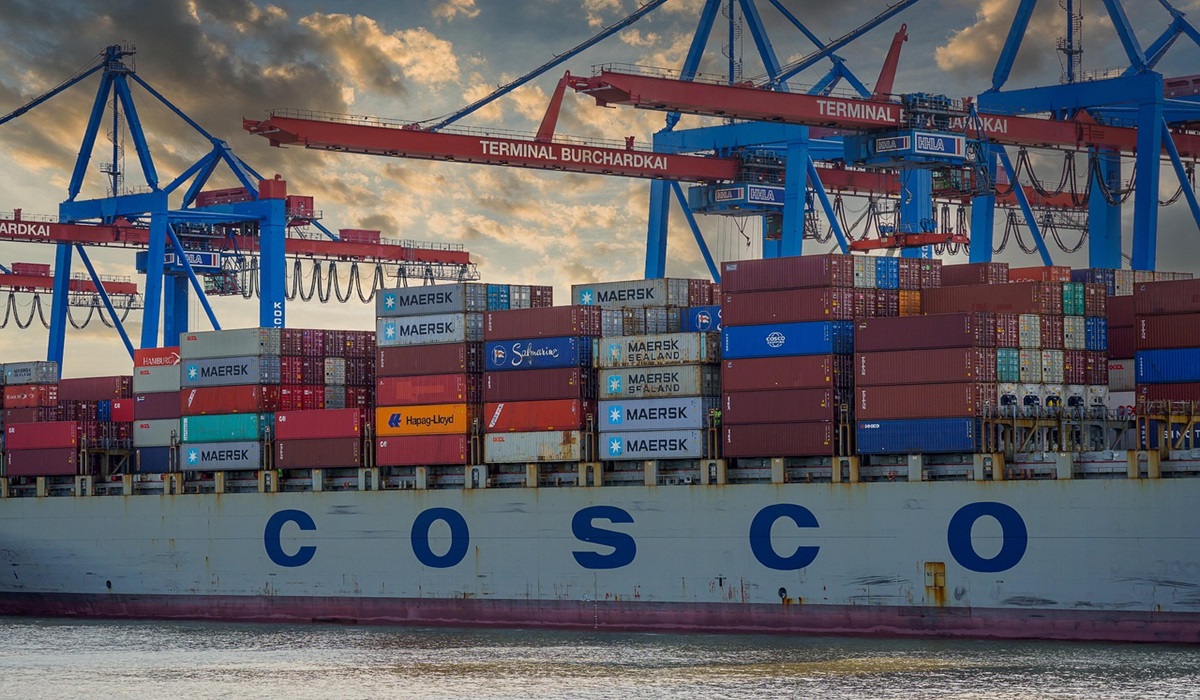Short-Term Gains, Long-Term Pain: Why Trump’s Tariffs Will Backfire
- Kingston Bailey
- Breaking News
- January 27, 2025

Image Credit, Michoff
Donald Trump’s fondness for tariffs, often touted as a strategy to bolster the American economy, is a gamble that could inflict significant harm on U.S. citizens. By imposing or threatening tariffs against countries like Canada, Mexico, Colombia, Denmark, China, and Panama, Trump risks setting off a chain reaction of retaliatory measures that could cripple both trade relationships and the livelihoods of millions of Americans. While tariffs may offer the illusion of a short-term gain, they are far more likely to backfire, leaving everyday citizens to bear the brunt of the fallout.
At the core of this issue is the reality that tariffs are not an isolated economic tool. When the U.S. imposes tariffs, countries retaliate in kind, targeting American exports with duties of their own. Consider China, one of the most significant trading partners for the U.S. When Trump initiated a trade war with China, Beijing retaliated by imposing tariffs on U.S. agricultural products such as soybeans and pork. American farmers, particularly in the Midwest, were left scrambling to find alternative markets, with many forced to sell their crops at reduced prices. In states like Indiana, where agriculture forms a backbone of the economy, these policies disproportionately hurt communities that had initially supported Trump’s presidency.
Closer to home, Canada and Mexico—key partners in the USMCA trade agreement—could impose similar retaliatory tariffs. Canada, for instance, could target American dairy products, a sector already struggling with overproduction and tight profit margins. Mexico, a major importer of U.S. corn, could look elsewhere for its agricultural needs, further devastating American farmers. These moves wouldn’t just harm exporters; they would also drive up the cost of goods for U.S. consumers. With fewer markets for American products abroad and retaliatory duties on imports, inflation would skyrocket, leaving families to pay more for everyday essentials like food and clothing.
Beyond agriculture, the ripple effects of these tariff wars could cripple industries reliant on global supply chains. The U.S. simply does not produce enough of certain goods to meet domestic demand. Take electronics, for example. The components required for smartphones, laptops, and other technology are often imported from countries like China. Tariffs on these imports would drive up production costs, which would then be passed down to consumers. Companies might attempt to shift their supply chains, but such transitions are neither immediate nor cost-effective, leaving the American public to foot the bill in the interim.
Countries like Denmark and Panama may seem like minor players in the global trade arena, but their roles are crucial in specific industries. Denmark, for example, is a leader in renewable energy technology and high-quality pharmaceuticals. Tariffs on these imports could delay the U.S. transition to clean energy and make vital medications more expensive, undermining public health and environmental goals. Panama, a key hub for international shipping and logistics, could retaliate with measures that disrupt the flow of goods through the Panama Canal, further straining supply chains already pushed to the brink by global disruptions.
While Trump’s tariffs may resonate with his base as a display of strength against foreign competitors, the economic pain is not distributed equally. Low- and middle-income Americans, who spend a higher percentage of their income on imported goods, are hit the hardest by rising costs. Moreover, many of the industries targeted by retaliatory tariffs—agriculture, manufacturing, and technology—are concentrated in rural and suburban areas that were instrumental to Trump’s electoral success. The irony is stark: the very people who cheered his trade policies are often the ones who suffer the most when the bills come due.
Tariff wars are not zero-sum games. The global economy is deeply interconnected, and the fallout from these policies cannot be contained within national borders. While Trump may argue that tariffs are a necessary tool to protect American jobs and industries, the reality is far more complex. The short-term gains achieved through protectionism are overshadowed by the long-term costs, as countries retaliate, supply chains fracture, and inflation surges.
In the end, tariffs are a blunt instrument ill-suited to the complexities of modern trade. They create more problems than they solve, burdening American citizens with higher prices, fewer job opportunities, and strained relationships with key trading partners. The pain inflicted by these policies is not a necessary sacrifice but a self-inflicted wound, one that will take years to heal. As history has shown time and again, protectionism may win applause in the moment, but its legacy is one of economic hardship and diminished standing on the world stage.








